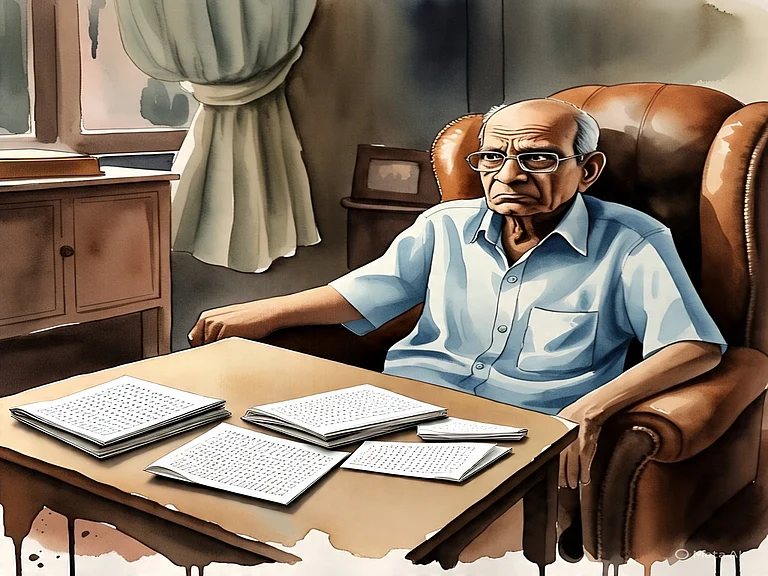The Supreme Court of India has recently reinstated criminal proceedings against a bank official of the Bank of India (BOI) for revaluation of gold held as security after loan settlement. The court took note of the alleged misappropriation of the gold kept as a pledge with the bank and set aside the Patna High Court order, which had earlier quashed an FIR against the bank official. The court noted that the borrower (petitioner) delayed the repayment; however, he has repaid the due amount in full as a final settlement. The court questioned when the loan was settled and what the need was to revalue the gold. It noted, “It is true that the appellant repaid the amount but with substantial delay. However, once the loan is settled, it is difficult to understand as to why the gold was revalued and auctioned.”
Brief Of The Case
The borrower, a businessman, took a gold loan of Rs 7.70 lakh from the Bank of India on July 22, 2020, and pledged gold jewellery weighing 254 grams of 22 carats with the bank. On October 7, 2022, he received a notice from the bank asking him to repay a total of Rs 8,01,383.59 including the interest, which he repaid in full by March 31, 2023.
However, the bank said that the borrower did not repay the loan. This is why the gold became the bank’s asset and to realise the loan money, the bank got it revalued. It was then the bank came to know of it being counterfeit jewellery. According to the bank, it de-empanelled the first valuer due to suspicious involvement in fraud and got a revaluation done by a second valuer. It charged Rs 1500 from the borrower for revaluation. The revaluation confirmed that the jewellery was not made of gold but of other metal which was covered or plated with gold.
The bank registered an FIR against the borrower on May 22, 2023. Subsequently, the borrower also lodged an FIR against the bank’s official on May 24, 2023.
Later, the bank official sought to quashed the petitioner’s FIR in the Patna High Court. The High Court considered the petitioner’s complaint ‘malicious’ and criminal proceedings against bank officials as an abuse of the process of court and quashed the petitioner’s FIR.
Supreme Court Observation And Judgement
The court noted, “The discussion made by the High Court in quashing the FIR in no way addresses the possibility of the respondents’ possible involvement in the misappropriation of the gold pledged.”
The court observed that when the gold was revalued by a second valuer, the bank did not seek a third-party verification of the findings of the second valuation.
It said, “It cannot be positively ruled out, without appreciating the evidence, that all the persons involved from the bank or outside (valuers) did not commit any act affecting appellant’s pledged gold. In any event, at all times the appellant had no access to the gold which, after its initial valuation, was always kept in the safe custody of the bankers. Fraud, if any, whether perpetrated at the first instance of valuation, or later, is a matter which could be unearthed only after a trial based on the evidence led by the parties.”
The court said, “In that view of the matter, we hold that the High Court had improperly quashed the proceedings initiated by the appellant. It stands clarified that we have not expressed any opinion on the matter, and the guilt or innocence of the respondents has to be established in the trial, in accordance with the law."
The court allowed the appeal. It revived the petitioner’s FIR and restored it to the file of the concerned court.












